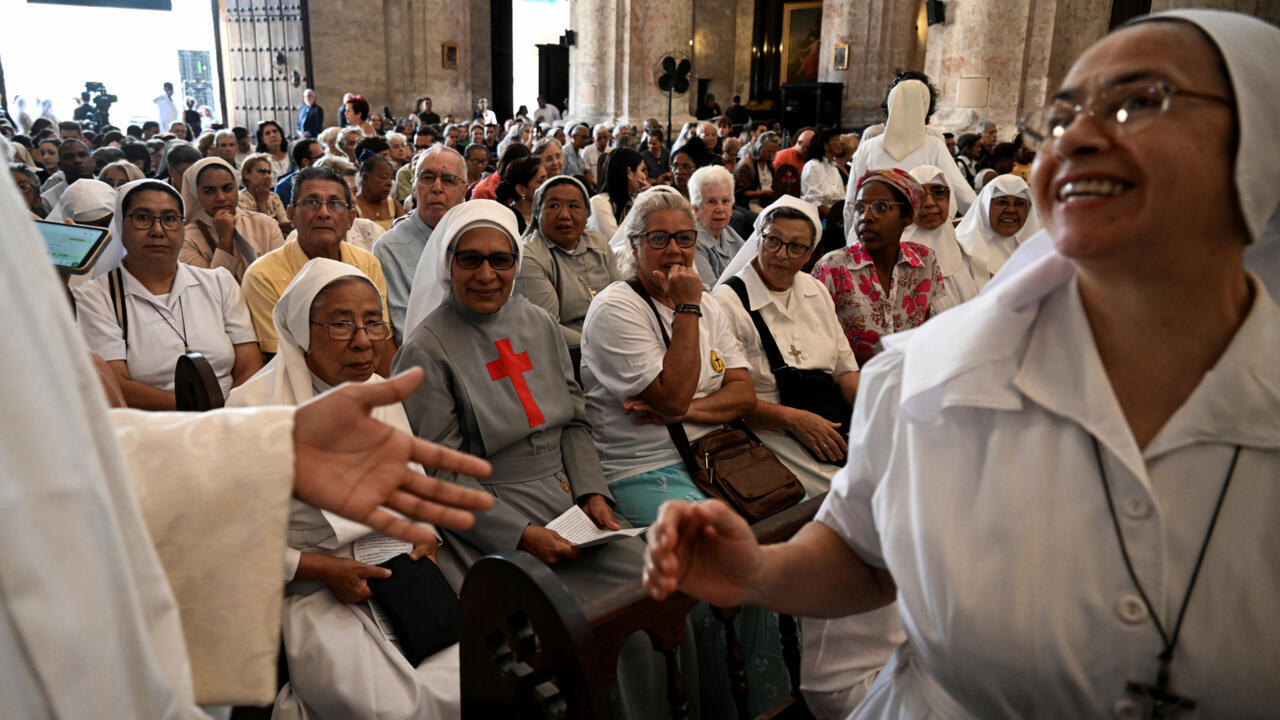Pope Francis: Building Hope Across Cuba's Spiritual Divide

In a heartfelt display of admiration, Catholics and citizens across Cuba have been celebrating Pope Francis, with special recognition for his remarkable diplomatic efforts to bridge the long-standing divide between the communist nation and the United States. The pontiff's groundbreaking work in fostering reconciliation has resonated deeply with many Cubans, who view his diplomatic interventions as a beacon of hope for improved international relations.
Pope Francis has been widely praised for his nuanced approach to healing historical tensions, demonstrating a unique ability to navigate complex political landscapes while maintaining a message of unity and understanding. His diplomatic initiatives have been particularly significant in a context where Cuba and the United States have experienced decades of strained relations.
The tributes reflect not just religious appreciation, but a broader recognition of the Pope's role as a peacemaker, transcending religious boundaries and offering a vision of mutual respect and dialogue between nations that have long been at odds.
